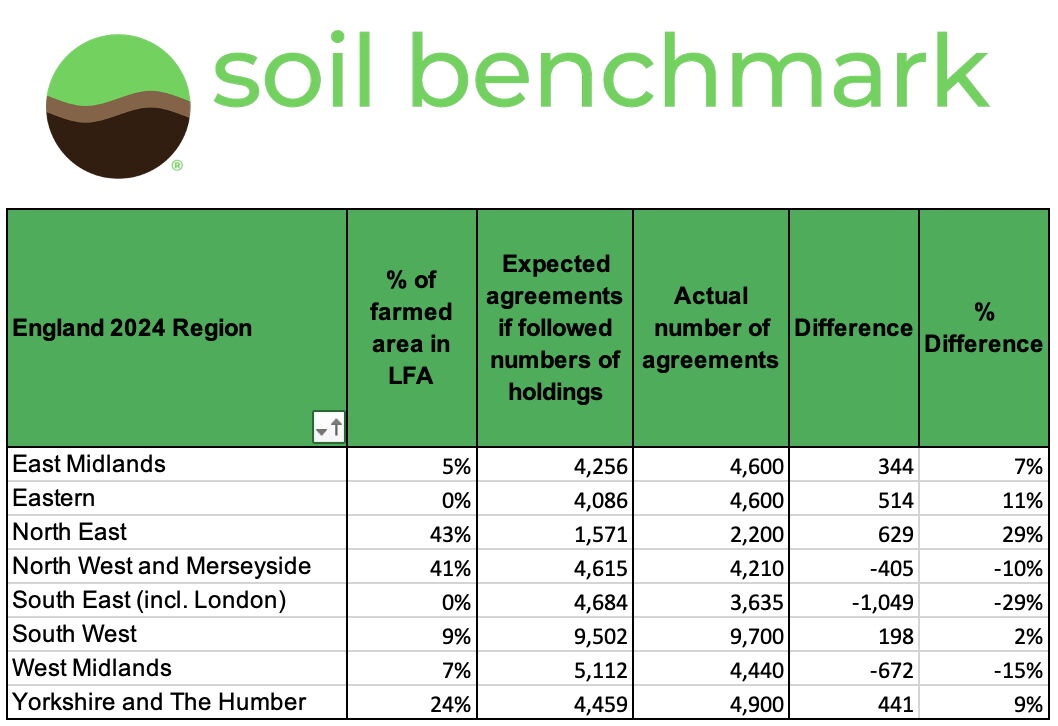💥 Professor Dieter Helm has just set out what he thinks will shape the next decade of UK farming.
🌿 The Oxford professor has been massivly influential on the shape of UK farming policy over the last decade or more — he was one of the people who really pushed natural capital and “public money for public goods” into mainstream policy. So when he writes about the future of farming, it’s worth having a look. Here's a quick summary in case you don't have time to read his full paper:He reckons there are three main forces that will define the next ten years for UK farming:1️⃣ Public policy – the shift toward polluter pays, with subsidies limited to genuine public goods.2️⃣ Digitalisation & AI – granular mapping of soils, nutrients and pollution driving precision and accountability.3️⃣ Genetics – gene editing and synthetic biology transforming crops and livestock.🏛️ Helm reckons HM Treasury’s fingerprints are all over this direction of travel. Since the 1980s, they’ve wanted three big things:• ❌ End direct subsidies – now done with the removal of the Basic Payment Scheme.• ⚖️ Make polluters pay – still in progress, but farming’s slowly being treated like any other industry.• 💷 Pay only for public goods – decent progress through SFI and ELMs, though that momentum feels like it’s stalling.🇫🇷 For years, these reforms were blocked by the French farm lobby under the EU's Common Agricultural Policy - Helm cites Treasury submissions in the early 2000s where they were already pushing for a move to 'public money for public goods'. Brexit removed that blocker — and the Treasury is now, bit by bit, getting its way. DEFRA might soften the edges, but it ultimately doesn't have the clout to stand up to the Treasury, and the direction of travel is therefore pretty clear: farmers will be charged for pollution, not paid to avoid it.🧠 Helm’s two bright spots are digitalisation — using granular mapping to cut nutrient losses, pesticide residues and emissions — and genetics, where gene editing could make the UK a leader in Europe.I share his optimism on digitalisation. That’s exactly what we’re building at Soil Benchmark: using detailed soil and nutrient mapping to help reduce pollution at scale. But as my Nuffield work reinforced, data alone doesn’t change behaviour — it has to be in the hands of the right people: agronomists, cluster facilitators, and NGOs like FWAG and the Wildlife Trusts who can help farmers turn insight into action.And as an interesting aside, Helm — who originally made natural capital a mainstream idea — now sounds pretty sceptical about how much those markets (for carbon or biodiversity) will really achieve. This definitely chimes with what I saw on my Nuffield. Some ecosystem payments, particularly from water companies, are driving change. But trading credits is currently just tinkering at the edges, not a key driver of the future of farming.📖 Link to the full paper below - well worth a read 👇
https://www.linkedin.com/posts/dieter-helm-3077b214b_farming-sustainableeconomy-activity-7381625835528613888-dRFX
💥 Professor Dieter Helm has just set out what he thinks will shape the next decade of UK farming.

Click here to view original post on LinkedIn.



